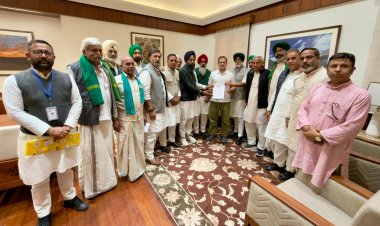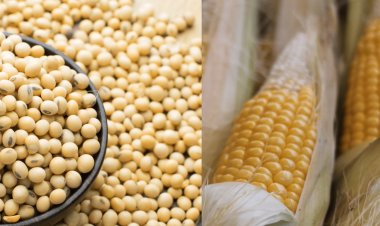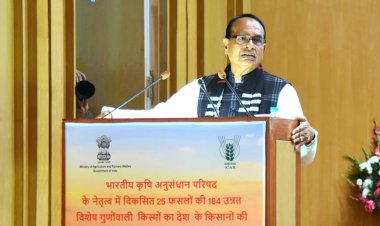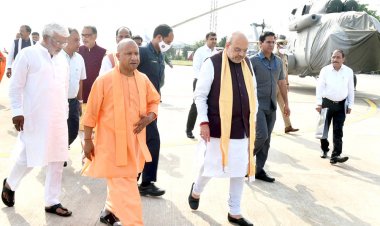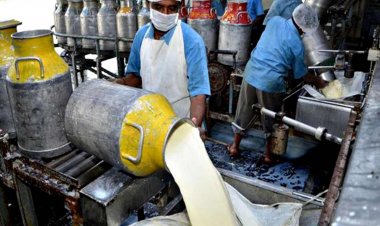Inflation to moderate in coming months: RBI survey
Indian households expect inflation to moderate in the coming months after a spurt in the current period, mainly on account of food prices, according to surveys by the Reserve Bank of India. The perception of current inflation inched up by 10 basis points in a July 1-10 survey of 6,025 urban households in 19 major cities.
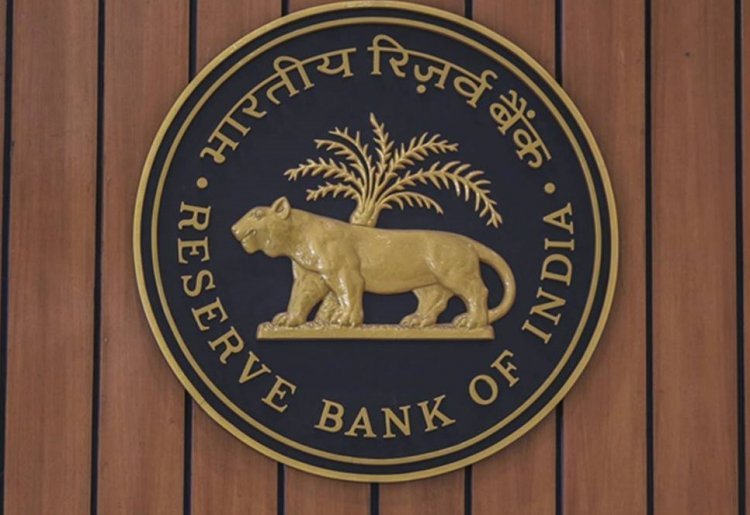
Indian households expect inflation to moderate in the coming months after a spurt in the current period, mainly on account of food prices, according to surveys by the Reserve Bank of India. The perception of current inflation inched up by 10 basis points in a July 1-10 survey of 6,025 urban households in 19 major cities. Their expectations of both three-month and one-year ahead inflation, however, moderated by 10 bps each, the Reserve Bank of India said. The direction, rather than the absolute level, is important in household surveys.
The latest RBI survey shows households anticipate prices moderating over next 3 months because of decrease in inflation. Households also hold expectations of enhancements in the overall economic landscape, employment opportunities, and income scenarios. The anticipation of a moderation in inflation over the upcoming months follows a recent surge, primarily in food prices. Conversely, their expectations for inflation over the next three months and the next year have each decreased by ten basis points.
In the latest bi-monthly inflation expectations RBI survey of households conducted in July, it was observed that, for the sixth consecutive survey round, the highest proportion of respondents anticipate an increase in prices within the food category over the upcoming three-month period. Concurrently, there is sustained pressure from the housing sector for the one-year projection. That signifies that the percentage of participants expecting general inflation to rise remains elevated due to the expectation of higher food prices in the coming three months. Nevertheless, fewer respondents foresee an inflationary uptick in other product categories.
Following nearly two years of steady recovery, consumer confidence for the present time frame, as indicated by the current situation index, experienced a minor decline to 88.1 from its previous reading of 88.5 in the preceding survey cycle.
The survey shows that households hold expectations of enhancements in the overall economic landscape, employment opportunities, and income scenarios. Moreover, their outlook on the price situation for the upcoming year has become less negative when compared to the findings of the prior survey round. Notably, the future expectation index, which gauges outlooks, sustained its position within optimistic territory and noted a slight increase.
At the aggregate level, capacity utilisation in the manufacturing sector increased for the third successive quarter to 76.3% in January–March fiscal 2023 from 74.3% in December, according to the quarterly order books, inventories, and capacity utilisation survey. The seasonally adjusted CU remained unchanged at 74.1% in the March quarter. In comparison to the December quarter and the equivalent year-ago period, manufacturing businesses reportedly got more new orders in the quarter.
On last week, the RBI maintained its primary lending rate without changes. However, in response to renewed worries about inflation due to notable seasonal surges in food prices in recent weeks, the RBI took steps to decrease the liquidity within the banking system. The monetary policy committee (MPC), composed of three members from the central bank and three external members, unanimously decided to keep the repo rate steady at 6.50%. That marked the third successive occasion where the committee upheld the current interest rates.
Since May 2022, India has implemented a series of rate hikes, amounting to an increase of 250 basis points (bps) to mitigate the rapid escalation of prices. In a recent move, the central bank has taken a temporary measure by raising the mandatory cash reserve that banks need to maintain. This adjustment is anticipated to induce upward pressure on short-term interest rates within the market.
RBI Governor Shaktikanta Das supported this decision by highlighting liquidity’s pivotal role in the realm of inflation – both in its tendency to drive up inflation and its potential to rein in inflationary pressures.



 Join the RuralVoice whatsapp group
Join the RuralVoice whatsapp group

















